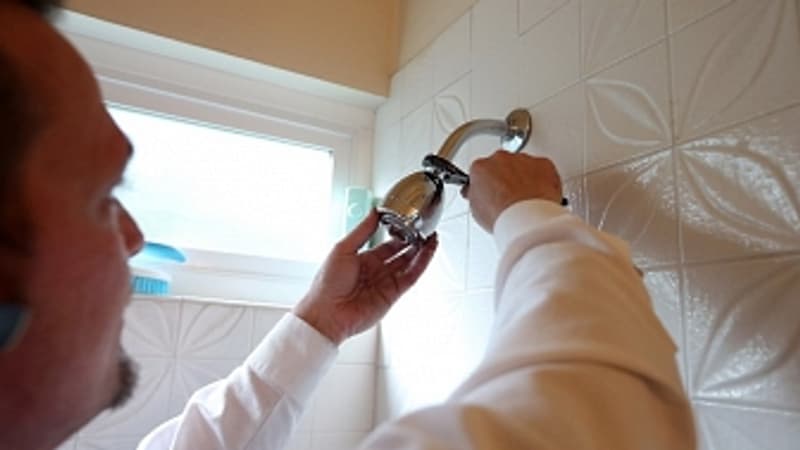
This defect justifies the plumbing company’s ten-year warranty, according to the Supreme Court.
The Supreme Court ruled that having to wait too long for hot water at the tap was a defect that justified the plumbing company’s ten-year warranty. Likewise, he observed that the abnormal length of the hot water path was also a defect and the plumber justified this warranty because it posed a health risk.
A new home buyer held the plumbing company responsible, citing defects that emerged after the job was delivered. This receipt is a formality that gives rise to the operation of the warranty periods and, in particular, the ten-year warranty for subsequent defects. It brings together the contractors and the owner to check the completion of the work and its compliance with the contract, to examine their proper completion and to note the customer’s acceptance with or without reservations regarding possible visible defects.
Legionnaires’ disease risk
The buyer explained that hot water had to be waited for a very long time, after which more than ten meters of pipes appeared separating the hot water supply from the kitchen or bathroom taps. He defended the plumber, saying the wait was an obvious fault and that if the owner had been normally careful, the complaint would have been too late. As for the length of the pipes, he said that this risk never materialized due to the risk of Legionnaires’ disease if it did not comply with sanitary regulations and therefore there was no fault.
But the judges found him at fault on both counts. The waiting period, which was in fact a major defect, was not necessarily visible to the customer upon receipt, and the health risk alone justified the application of the warranty by rendering the plumbing work unsuitable for the intended purpose.
(Cass. Civ 3, 14.9.2023, T 22-13.858).


